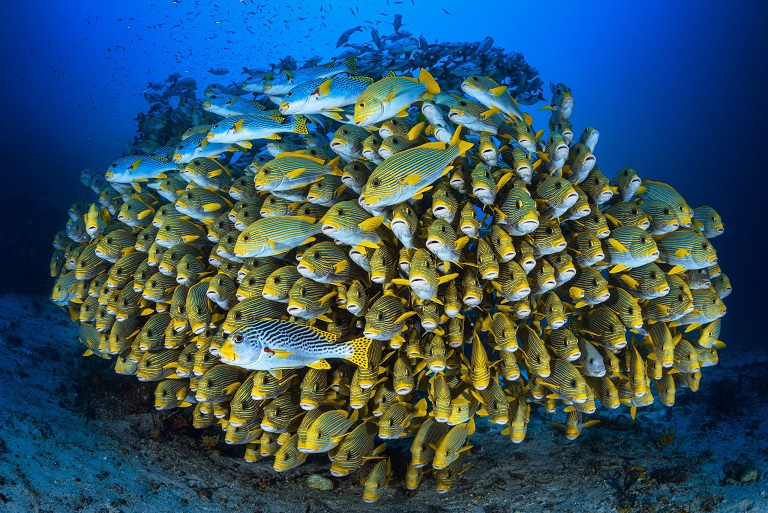
1. High Seas Treaty Adopted. If Ratified, Would Give Marine Biodiversity a Lifeline
The United Nations formally adopted a historic treaty designed to protect life on the high seas, which is increasingly under threat from pollution, climate change, and over-fishing. The pact agreed to in principle in March, extends for the first time environmental protections to the two-thirds of the ocean that lie beyond national jurisdictions.
Among other things, it will allow for the creation of marine protected areas – safe havens for fish, plants, and other vulnerable species – and the use of other so-called “area-based management tools” to more sustainably manage ocean resources. The so-called “High Seas Treaty” offers an updated framework to The UN Convention on the Law of the Sea that came into force in 1994. The new treaty comes with the ocean, which plays a vital role in everything from the economy to regulating the climate.
Thank you for your generous gift that will help us continue the production of this weekly, free publication
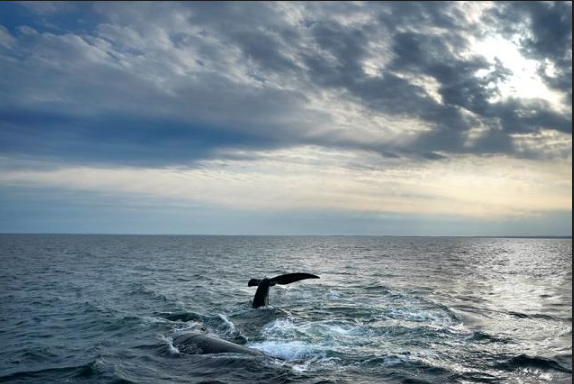
2. UN Adopts First Treaty Governing the High Seas
The United Nations adopted its first legally binding treaty to protect marine life in international waters on Monday. The Biodiversity Beyond National Jurisdiction Treaty, commonly referred to as the High Seas Treaty was approved unanimously, with delegates from all 193 member nations in favor. The treaty would need to be ratified by 60 countries for it to take effect.
In the United States, two-thirds of the Senate would need to approve a resolution to ratify the treaty. The treaty will be open for signatures during the annual meeting of world leaders at the General Assembly on Sept. 20th and will remain open for two years. U.N. Secretary-General António Gueterres hailed the adoption of the agreement and called on member states to ratify the treaty “without delay.”
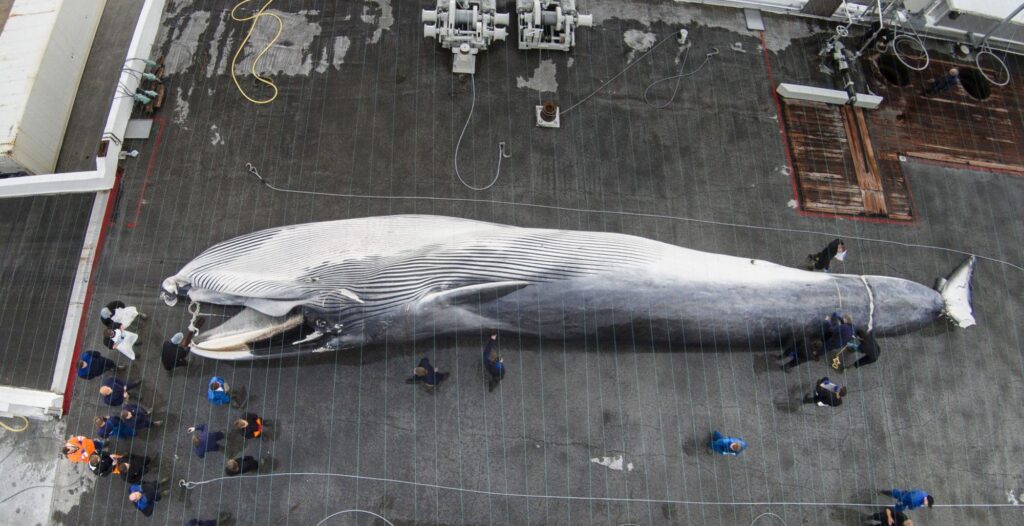
3. No Whaling This Summer: Minister Halts Fin Whale Hunting
The Minister of Food, Agriculture, and Fisheries, temporarily halted the hunting of fin whales until August 31. The decision follows a report authored by a council of specialists on animal welfare, which found that fishing methods do not comply with the Act on Animal Welfare. The Icelandic Food and Veterinary Authority (MAST) authored a report on the welfare of whales during hunting, the report found that the killing of whales took too long based on the main objectives of the Act on Animal Welfare.
“I have made the decision to temporarily stop whaling in light of the unequivocal opinion of the council of animal welfare specialists,” the Minister is quoted as saying. “The conditions of the Act on Animal Welfare are inescapable in my mind: if the government and licence holders cannot guarantee welfare requirements, this activity does not have a future.”
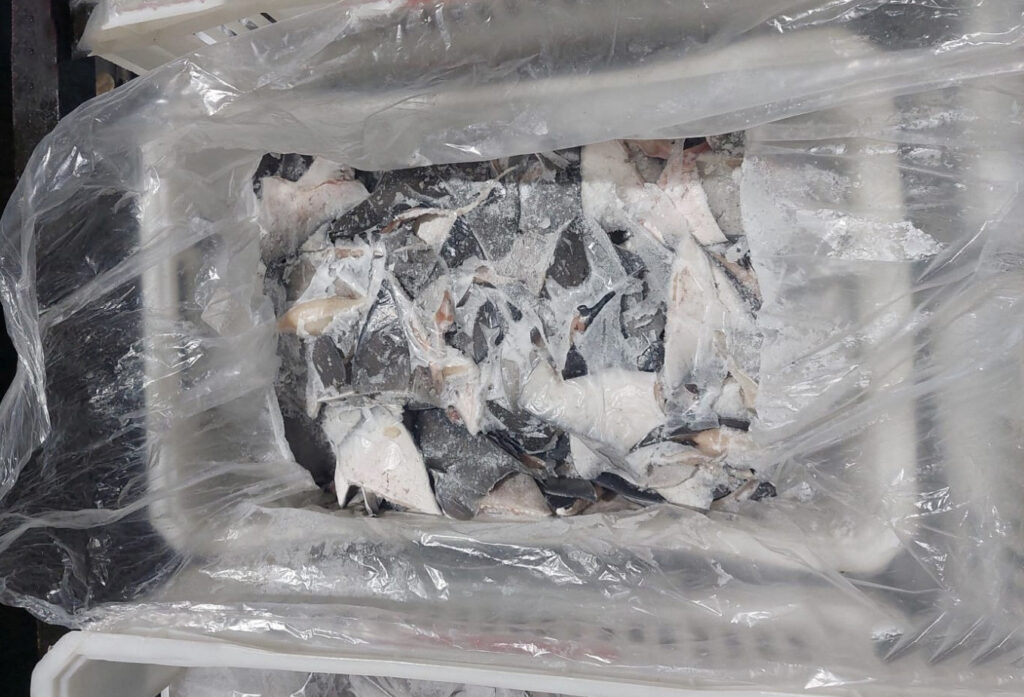
4. Brazil Seizes World’s Biggest Illegal Shark Fin Consignment
Authorities have seized 28.7 metric tones of illegally obtained shark fins that would be exported to Asia, in what they called the world’s largest confiscation of its kind at the origin. Environment protection agency Ibama estimated the consignment represented the death of some 10,000 sharks of two different species, the blue shark and the shortfin mako shark, which entered Brazil’s national list of endangered species last month.
“These apprehensions on an integrated basis represent the largest recorded in the world, especially considering it is a seizure at the source where the sharks are caught,” Ibama said in a statement. Ibama’s operation targeted two different companies, but others are still under investigation, said the agency’s head of environmental protection, Jair Schmitt.

5. Penang to Host the 6th World Conference on Marine Biodiversity in July
Penang in Malaysia will be the host city for the World Conference on Marine Biodiversity (WCMB) 2023. This event, organized by University Sains Malaysia, is scheduled to take place 2-5 July 2023 and will bring together prominent scientists, researchers, policymakers, and industry experts from around the world, united by their dedication to marine biodiversity. The WCMB 2023 represents a unique opportunity for Penang to showcase its commitment to marine conservation, research, and sustainable practices.
This global gathering of professionals is expected to contribute to advancing knowledge, understanding, and preservation of the oceans while driving meaningful change in marine biodiversity conservation. WCMB 2023 will feature a diverse array of sessions, special symposiums, and panel discussions, offering attendees the opportunity to delve into emerging technologies, cutting-edge research, and successful case studies in marine conservation and resource management.
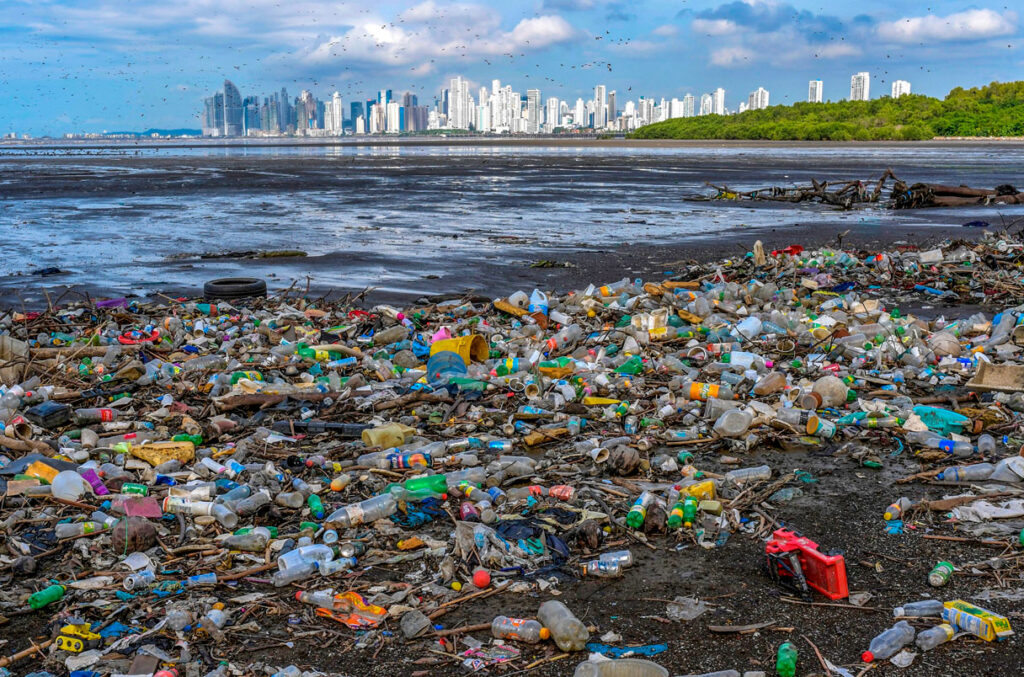
6. To Reduce Global Plastic Pollution, Governments Should Tackle Most Problematic Products First
The relentless flow of plastic into the ocean—is on track to rise further, because experts project that plastic production worldwide will double over the next two decades—which in turn would fuel a tripling of the amount of plastic waste entering the ocean each year. There is hope for preventing that scenario and for significantly reducing the flow of plastic into the sea.
Research by The Pew Charitable Trusts shows how making changes throughout the plastic life cycle—from production through consumer use and beyond—could result in an 80% drop in the rate of ocean plastic pollution by 2040. In 2020, Pew published Breaking the Plastic Wave, a global analysis showing that it is possible to achieve an 80% reduction by 2040 using existing solutions and technologies. No single solution can solve the plastic pollution problem, the report found, which is why the system-wide approach is needed.
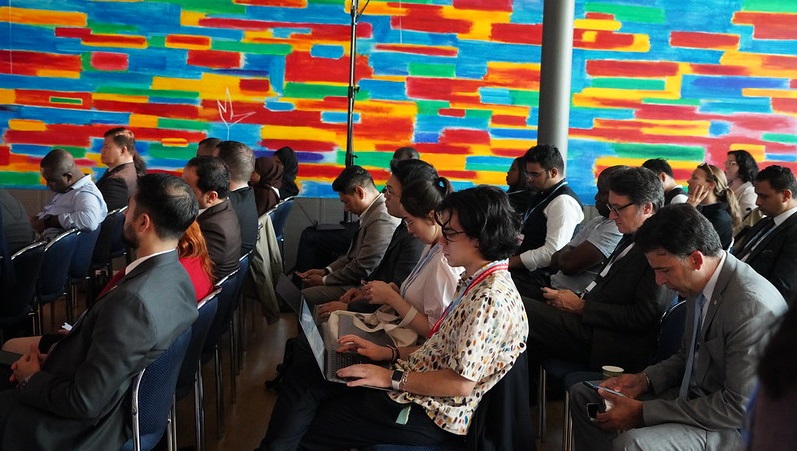
7. UN’s Climate Work at Risk, After EU Limits Budget Increase
The European Union has ignored the warnings of the UN’s climate change body (UNFCCC) and stopped governments from giving it as much money as it says it needs for the years 2024 and 2025. At climate talks in the German city of Bonn last week, governments negotiated how much money to give the UNFCCC for the next two years.
The UNFCCC wanted €83m ($91m) but governments could only agree to give it €74m ($81m), leaving its work at the mercy of what governments want to fund voluntarily. Three sources in the room during negotiations told Climate Home that the European Union, one of the UNFCCC’s major funders, would not allow any increase above this figure. Ignoring inflation, it’s a 19% increase on the previous two years’ budget. A spokesperson for the EU confirmed that the block “together with other Parties” supported a 19% increase.
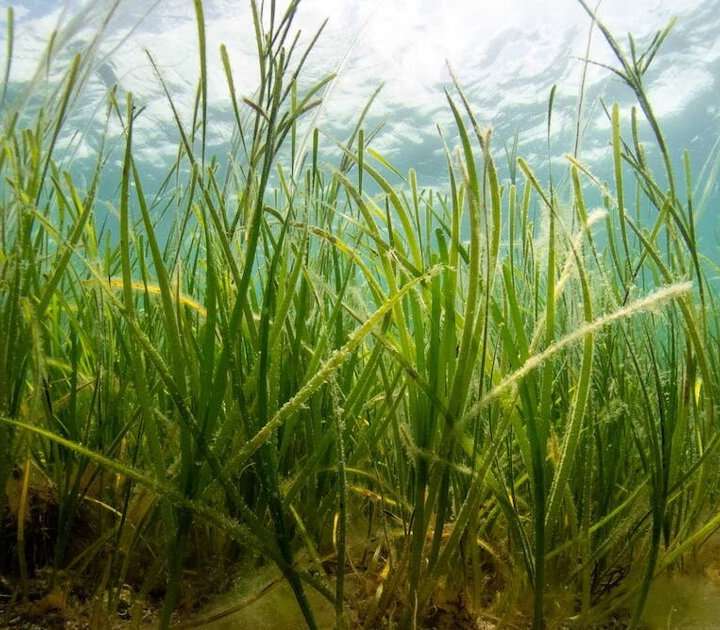
8. Unprecedented Marine Heatwave Underlines the Urgency to Clean up UK Rivers and Coasts
Thousands of people took to the UK’s seas and rivers in a nationwide “paddle-out” protest to demand an end to sewage spilling into the country’s waterways. As the UK’s coastal seas boil under an unprecedented marine heatwave, these calls have new urgency. At the time of writing, some areas off the coast of England are up to 5°C warmer than usual.
The degradation of the UK’s rivers and coasts caused by pollution, coupled with the impact of marine heatwaves, poses a threat to the future of a vital coastal plant species called seagrass; plants that have adapted to live in the ocean, forming vast meadows that often span hundreds of hectares and provide habitats for marine wildlife and nurseries for commercially important species such as Atlantic cod. They also trap carbon from our atmosphere, help reduce coastal erosion and even filter harmful bacteria from seawater.
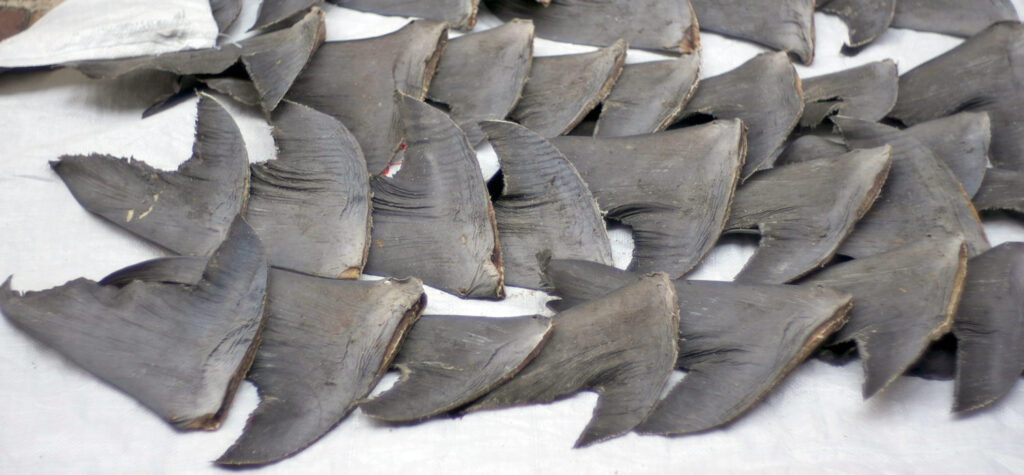
9. Lords Pass UK Shark-Finning Ban
The bill to ban the import and export of shark fins in the UK has passed through the House of Lords and is now set to receive Royal Assent later this year. Introduced in the Commons in 2022, the bill was steered through its third reading in the Lords and passed unanimously.
It will ban the import and export of shark fins in the UK and take a stand against the barbaric practice of sharks being caught, having their fins sliced off, and being thrown back into the sea to have a slow, lingering death.
“Thankfully, the UK is now making it clear that this practice must stop, setting an example to our global trading partners, which we hope will follow suit.” Baroness Jones thanked “the many marine and shark conservation groups that have campaigned so effectively on this issue.

10. Poll: More Than Half of Parents Say Climate Change Influences Their Decision to Have More Kids
New research released by HP found that 91% of parents are concerned about climate change and a majority say it is even impacting whether they want more children. The study included more than 5,000 parents in India, Mexico, Singapore, the United Kingdom, and the United States. It found that 53% of parents are considering global warming when deciding whether to have more children.
While parents are taking personal action, most also believe the corporate world must act: 51% of parents believe that companies have “a lot” of responsibility in holding themselves accountable on climate action. James McCall, chief sustainability officer for HP said, “If we are serious about changing the trajectory of the climate crisis, the industry must go beyond, changing the mindset of ‘do no harm’ to ‘do more good.’”
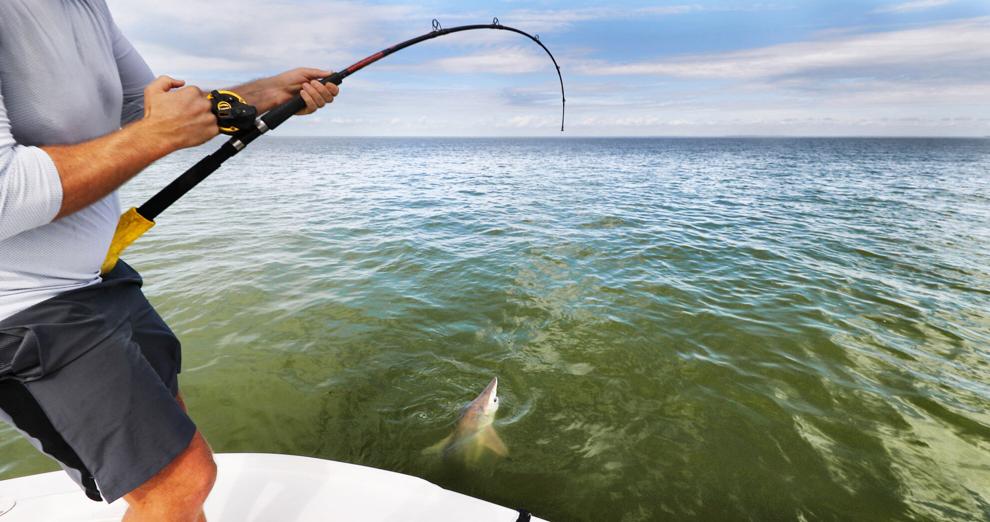
11. Congressman Wittman Introduces Legislation to Decrease Shark Depredation
Virginia Rep. Rob Wittman is co-sponsoring legislation designed to decrease shark depredation while protecting sharks from “unsafe conditions and food sources.” Shark depredation occurs when sharks bite or consume marine animals that fishermen are trying to catch, which both recreational and commercial fishermen experience. I introduced the SHARKED Act to improve the environment of our marine life and sportfishing conditions for anglers while protecting sharks from unsafe conditions and food sources,” said Wittman.
A report published late last year by the Virginia Seafood Agriculture and Extension Centers at Virginia Tech found the seafood industry in the commonwealth contributed more than $1.1 billion to the Virginia economy in 2019. The study found the commonwealth seafood industry provided over 7,000 jobs while generating over $26 million in tax revenue.

12. Leatherback Sea Turtle Conservation a Focus of Boston Researchers in Puerto Rico
Researchers from the New England Aquarium are collaborating with colleagues in Puerto Rico to help save the world’s largest turtle by using high-tech drones and special satellite tagging. In 2018, a leatherback sea turtle tagged off the coast of Cape Cod made its way to Puerto Rico. The endangered turtles are known to be extensive travelers, with some swimming more than 10,000 miles a year. Their migratory behavior makes leatherbacks difficult to monitor.
Kara Dodge, a research scientist at the Aquarium, worked with a Puerto Rican organization to better study the creatures. “Leatherbacks in Puerto Rico have no critical habitat protections. There is almost no data to set those boundaries for coastal waters near important leatherback nesting beaches. The Aquarium is working with DRNA and ATMAR to collect this data, which can be used to protect leatherbacks during their critical breeding and nesting period”.
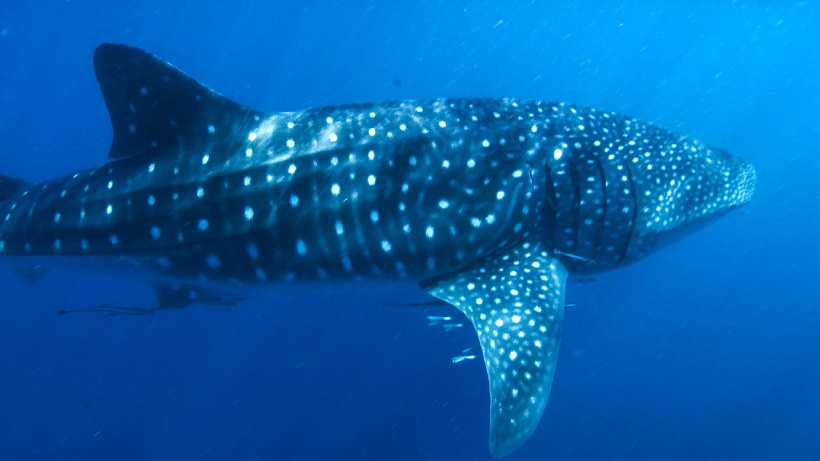
13. Scientists Reveal Declining Populations of 5 Species of Reef Shark
A groundbreaking survey of nearly 400 coral reefs worldwide has exposed a distressing reality. Populations of five common reef shark species have plunged dramatically in recent decades, suggesting a greater threat of extinction than previously anticipated. The comprehensive survey highlights a staggering decline of 60 to 73 percent in shark populations over the past half-century.
The research underscores a pervasive trend across reefs, reinforcing concerns not only about shark survival but also the cascading impacts on marine ecosystems and coastal communities relying on these ecosystems for sustenance. As apex predators, sharks play an indispensable role in maintaining ocean health. “The ocean, simply put, isn’t as healthy without sharks,” stated Mario Espinoza, a marine biologist at the University of Costa Rica and co-author of the paper. While the challenges are significant, the message is clear: we must act swiftly to reverse the decline in shark populations.
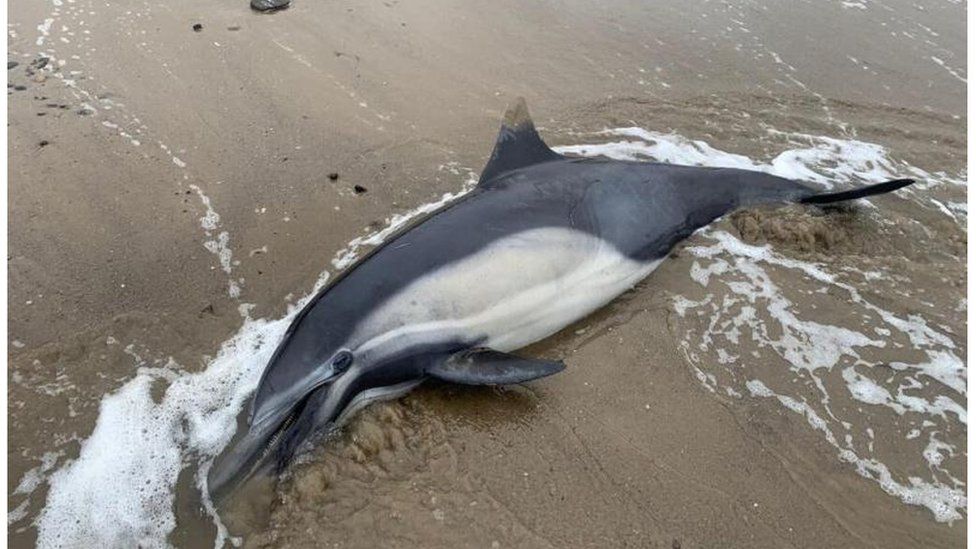
14. Toxic Algae Kills Hundreds of Dolphins and Sea Lions on California Coast
More than 1,000 marine animals have become sick or died in June, according to NOAA. Experts say algal blooms pose a seasonal issue, but climate change may be worsening the problem. Sea birds, dolphins, and sea lions in particular are becoming ill from the rapid growth of certain species of algae, which produce a toxin called domoic acid. Harmful algal blooms work by disrupting food webs.
Creatures such as shellfish, anchovies, and sardines consume the toxins before then being eaten by larger marine mammals. Santa Barbara and Ventura counties in Southern California have been hit especially hard. The Channel Islands Marine & Wildlife Institute said it was receiving more than 200 reports of marine mammals in distress each day. Algae usually bloom between March and June in California, but the blooms may be peaking later this year because of its long and rainy winter.




